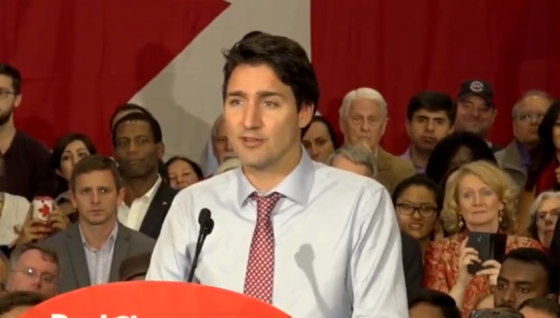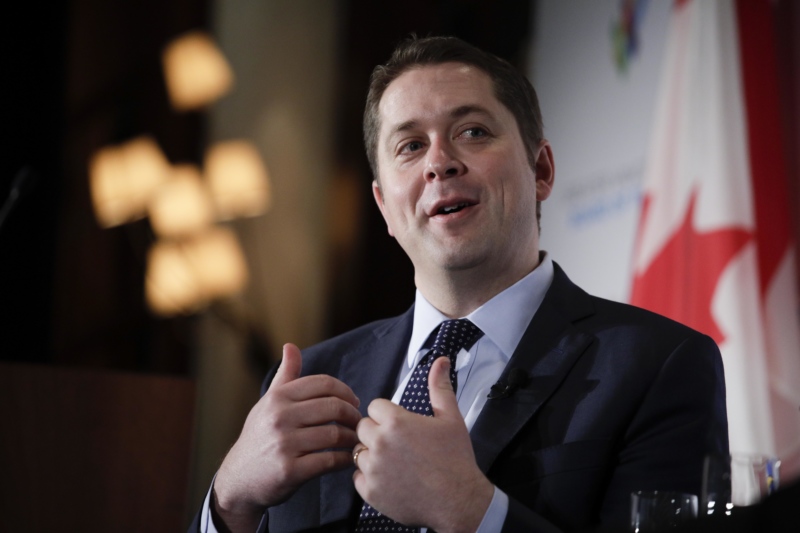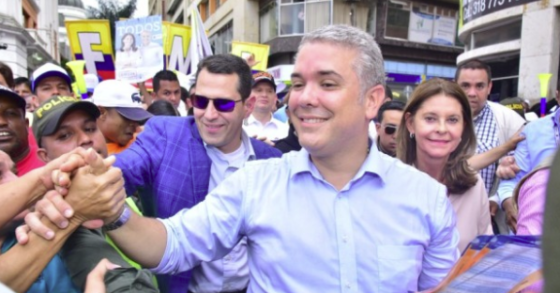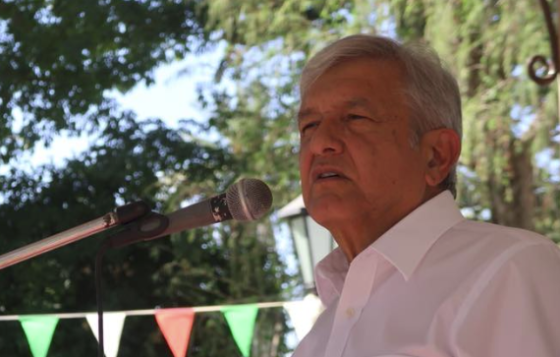
What Will Trudeau & the Liberals Bring to Canada?
What do the results mean for businesses in Canada, and which sectors will be most affected?
A Daily Publication of The Dialogue
Canadian Prime Minister Justin Trudeau on Sept. 11 called for a federal election to be held on Oct. 21. Trudeau, who has been facing an ethics scandal in recent months, is seeking his second term in office. Opinion polls show both the prime minister and his main rival, Conservative Party leader Andrew Scheer, with just over 30 percent support each. How likely is Trudeau to be re-elected in October, and what platforms are other candidates running on? What factors are most shaping the race? What is at stake for Latin America and the Caribbean if there is a change in government, including on issues such as Venezuela’s political crisis and the United States-Mexico-Canada, or USMCA, trade deal?
Maureen Boyd, fellow at the Canadian Global Affairs Institute and director of the Carleton Initiative for Parliamentary and Diplomatic Engagement: “Canadian elections are volatile with unpredictable outcomes. In 2015, the Trudeau Liberals started in third place and ended up with a majority government. The Liberals are campaigning on their record on environmental and economic issues. The Conservatives will focus on the economy and ethical lapses of the Liberals. The New Democratic Party platform advocates increasing social benefits, and the Green Party will campaign on stopping climate change. The campaign matters, particularly the last days. Voters will pay attention to the leaders’ debate on Oct. 7 two weeks before the election. The leaders will talk about foreign policy, but it won’t decide the election. While the Conservatives say they would deal better with China and the United States, no one expects there would be substantive policy differences. The focus of the Trudeau government’s efforts in the Americas has been on the renegotiation of NAFTA and now the U.S. Congress’ required ratification of USMCA. Minister Freeland has also taken a leadership role within the Lima Group in working with partners across the Americas for the restoration of democracy in Venezuela. No matter whether the incumbent Liberals or the Conservatives win the next election, major shifts are not expected within the Canadian government’s approach to Latin America. The next prime minister will need to ensure that Canada’s credentials and presence within Latin America and the Caribbean remain a focus of the new government’s foreign policy.”
Satya Das, principal and co-founder of Cambridge Strategies: “Canadians enter the October national election with no great enthusiasm. The politics of division are in full reign, with Conservative support heavily skewed toward Western Canada (in Alberta, about 80 percent support Andrew Scheer’s party), while the Liberals and Justin Trudeau more than hold their own in Ontario, Quebec and the Atlantic provinces. Even in Canada, there is a strong echo of the growing global disaffection: a stagnant middle class, the rapid spread of income inequity, the unanswered challenge of climate change—and above all, no clear answer to the disruption and displacement Canadians face as machines replace more and more of the work once performed by humans. None of the parties are perceived to have answers to inspire a plurality of Canadians. Even though the national polls reflect a virtual tie, the imbalance in regional support almost certainly means Justin Trudeau will be re-elected: at least with a strong minority, if not a reduced majority. The caveat, of course, is that there may yet be nasty October surprises in store. Trudeau’s crude attempts to dilute the planned criminal prosecution against a Canadian engineering firm continue to haunt him. Jagmeet Singh’s New Democrats are melting, as he seems singularly unable to connect with middle-class angst; and may well be eclipsed by Elizabeth May’s Greens, who seem to be drawing the millennial vote. As for international policy, there is only a cosmetic distinction between the government of Stephen Harper’s Conservatives and Trudeau; hence Latin America can expect the status quo.”
Christopher Sands, director of the Center for Canadian Studies and acting director of the Latin American Studies Program at Johns Hopkins University: “As Canada holds federal parliamentary elections on Oct. 21, Prime Minister Justin Trudeau is ahead, but voter frustrations may lead to the defeat of his Liberal Party government or might reduce him to a minority government. Canadians are enjoying modest economic growth, but key export sectors energy (oil and gas) and automobiles have seen reduced investment, suggesting a contraction ahead. A reorganization of the permitting and approval process for energy pipelines and the federal purchase of the Transmountain pipeline connecting Alberta oil to the Pacific coast via Vancouver have upset environmentalists as well as energy firms. Two scandals, one tied to engineering firm SNC Lavalin, and the other an accusation that he sexually harassed a female journalist nearly 20 years ago, have damaged his progressive image; two prominent female cabinet ministers resigned as a result, and Trudeau forced both out of the Liberal Party. Yet, Trudeau and his able Foreign Minister Chrystia Freeland fought hard for Canadian interests in the negotiation of the United States-Mexico-Canada Agreement (USMCA) that would replace NAFTA. Tense relations with the Donald Trump administration are overshadowed by the open hostility of China and Russia. Conservative Party leader Andrew Scheer is the only plausible alternative prime minister and will mount a strong campaign. Canadian voters may be frustrated enough to give him a chance, or perhaps they will decide that a change now would only lead to more uncertainty and frustration.”
Editor’s note: The commentaries above were submitted to the Advisor before the emergence of images showing Canadian Prime Minister Justin Trudeau wearing blackface and brownface makeup.
The Latin America Advisor features Q&A from leaders in politics, economics, and finance every business day. It is available to members of the Dialogue's Corporate Program and others by subscription.
What do the results mean for businesses in Canada, and which sectors will be most affected?
Iván Duque, a conservative former senator, on Sunday won Colombia’s presidential runoff election. What does it mean for the country?
Mexicans go to the polls on Sunday, July 1, for the country’s presidential, legislative and local elections. What can we expect?
 Conservative Party leader Andrew Scheer is “the only plausible alternative prime minister” to Justin Trudeau and will mount a strong campaign, Christopher Sands writes below. // File Photo: Andre Forget via CC license.
Conservative Party leader Andrew Scheer is “the only plausible alternative prime minister” to Justin Trudeau and will mount a strong campaign, Christopher Sands writes below. // File Photo: Andre Forget via CC license.

